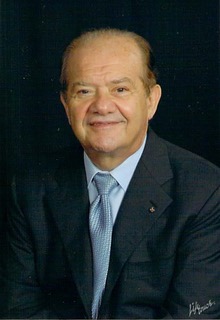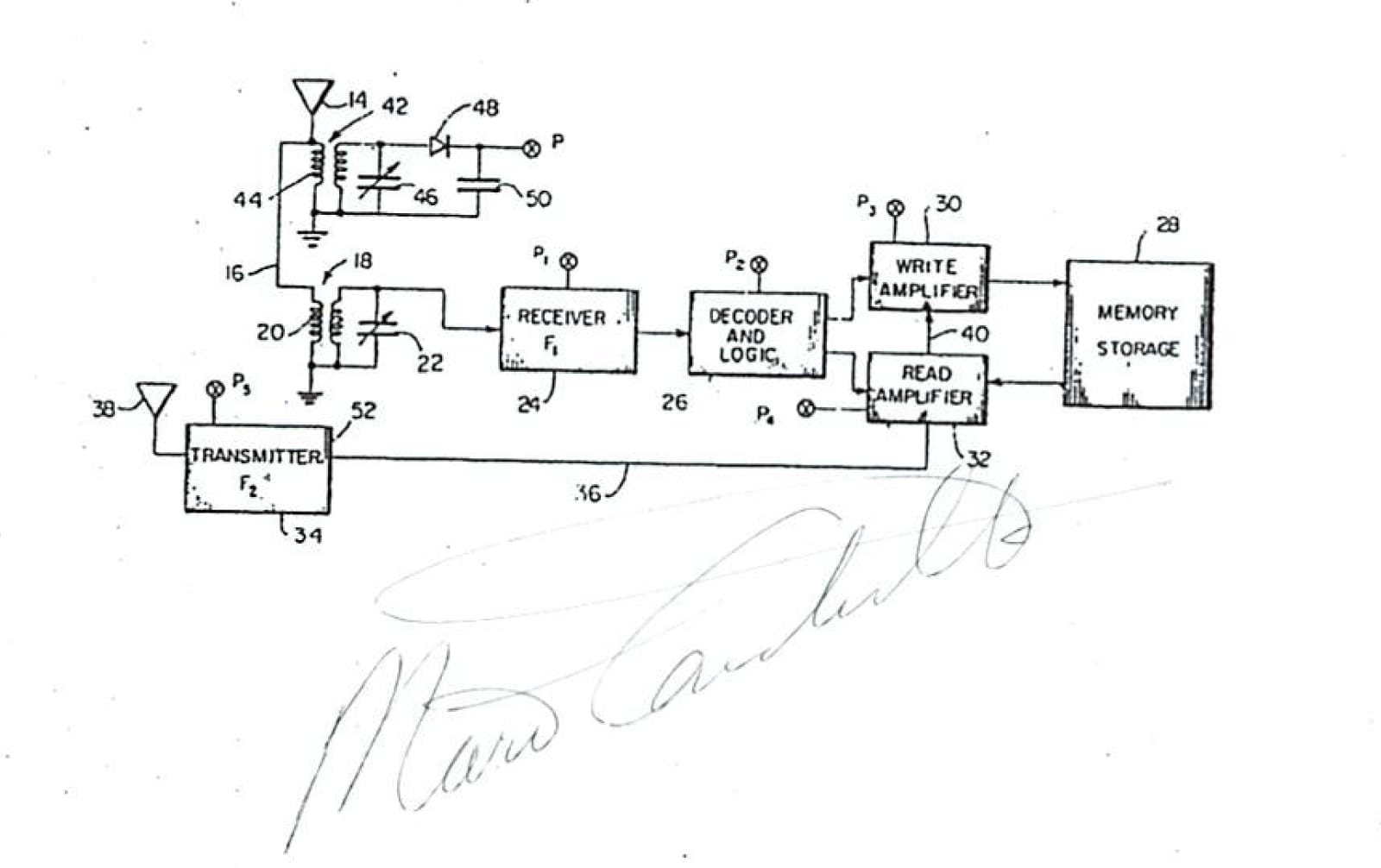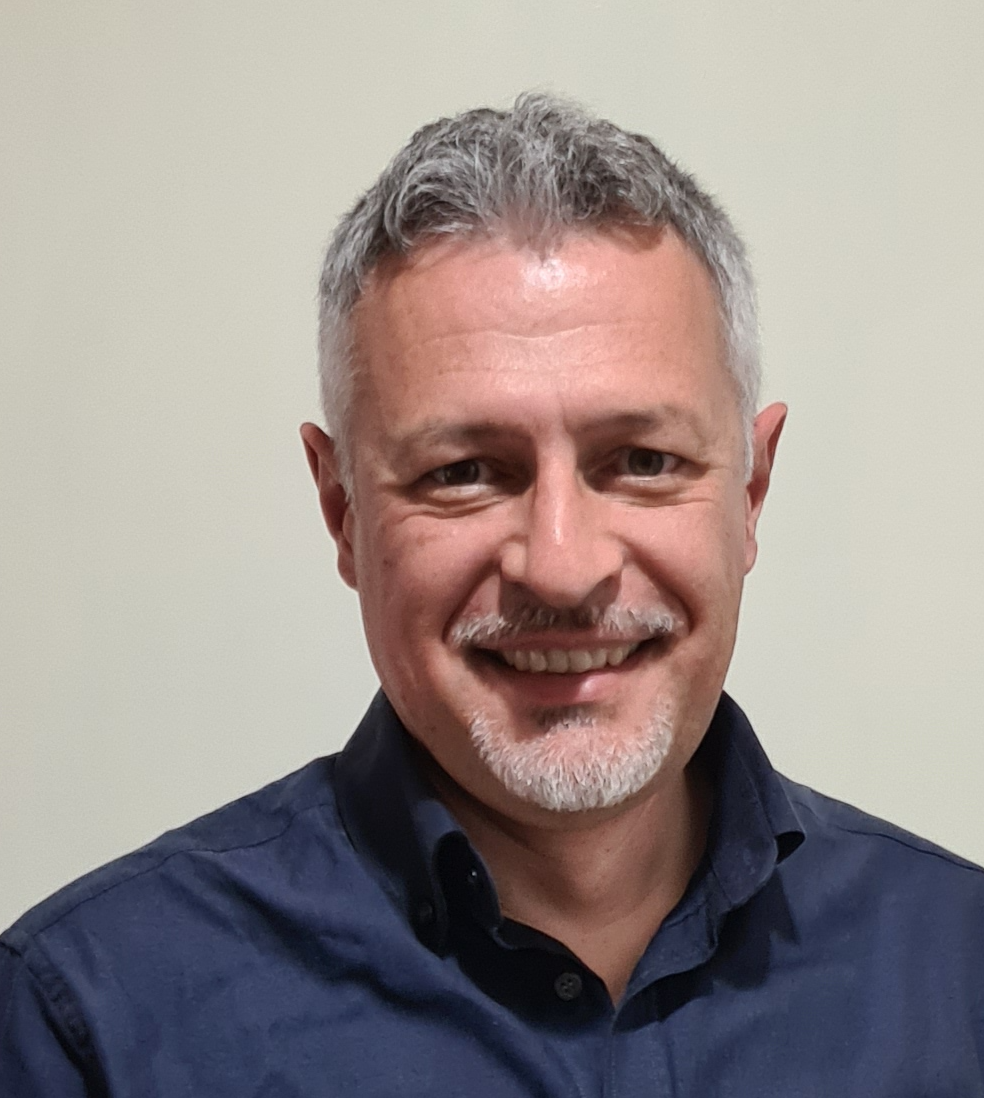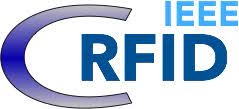IEEE RFID-TA 2024
December 18-20, 2024
Daytona Beach, FL, USA
Regular Submissions are Closed!
Late News Submissions are accepted until
Monday October 7
We would like to inform you that the regular submissions for RFID-TA 2024 are now closed.
However, we are pleased to announce that Late News submissions are now open for a limited
one-week window (Deadline on Monday October 7).
This is your last chance to submit your work and be part of this prestigious event!
Don't miss this final opportunity to contribute and showcase your research.
Late News submissions have the same requirements as regular submissions; however, they will be reviewed as a separate group with a potentially delayed acceptance notification.
IEEE RFID-TA 2024 provides a forum for advancing RFID technology and practice. It aims at strengthening relations between industry, research institutions, and academia. It gives attendees a unique opportunity to share, discuss, and witness research results in all areas of RFID technologies, their applications and related fields.
Each Registration includes daily breakfast and lunch as well as the social dinner!!!
Moreover, you can submit up to two papers for each registration!!!
Instructions for authors HERE
Accomodations:
The Hotel: Hilton – Daytona Beach Beachfront Resort is offering you a special price for your stay at the conference!
CLICK HERE TO DISCOVER THE HOTEL’S SPECIAL OFFERS
Important Dates
Paper Submission Deadline: September 16, September 30, 2024
Notification of acceptance: October 15, 2024
Final Paper Submission: November 15, 2024
Conference Dates: December 18-20, 2024
Become a Patron!
Choose one of our four sponsorship levels to contribute to the premier IEEE conference on RFID Technical Applications!
Registration Rates
Be sure to secure discounts by registering in early-bird!
IEEE RFID-TA 2024 will be partially co-located with IEEE WiSEE 2024
Our Keynote Speakers

Dr. Mario W. Cardullo
Passive RFID 1st Patent Inventor
Dr. Mario W. Cardullo is an experienced engineering and management professional specializing in technology management. He is an entrepreneur and the inventor of the RFID and as the Corporate Planer of the Communication Satellite Corporation (COMSAT) conceiver of Mobile Communication Satellites. Dr. Cardullo is widely published in the fields of management of technology, technology entrepreneurism, energy, and systems engineering. He has served as a Counselor to the Under Secretary of Commerce for the International Trade Administration. Dr. Cardullo started his professional career as Senior Rocket Propulsion Engineer for the Navy and then the Apollo Program. Dr. Cardullo has also served as a Senior Research Associate and Adjunct Professor at Virginia Polytechnic Institute and State University and has held visiting positions at several other universities including Beijing University. He has been the founder or principal in several technology companies and has served as a technology advisor to various organizations. Dr. Cardullo holds several degrees in engineering and is a Registered Professional Engineer. He has been awarded several medals for his service and contributions to various fields. His recent work include nano RFID.
Keynote Title:
Small, Micro, Invisible-RFID
Keynote Abstract:
The media often likes to portray new technologies as the result of a flash of brilliance in the night, or the work of some solitary genius. In fact, if you look at the development of the telephone, the light bulb or the first airplane, each of these inventions was based on the convergence of basic concepts that were well known in the scientific community. The inventors built upon prior knowledge to create something that was practical and versatile. RFID has gone from a solution to problem (1969), a “breadbox” test system (1970), the birth of an industry and in the future a nano device (150 nm or less). This paper will present how RFID went from a concept to an industry and possibly to an invisible device. This technology will truly enable fulfillment of the promise of the Internet of Things (IoT). The recent developments of producing a true nano RFID which will lead to a nano distributive meshed computer system. These devices can be styled “Intelligent Surfaces” (IS). These nano RFIDs (NRs) may prove to be a truly disruptive technology. With the addition of artificial intelligence (AI) the NRs could become a significant total system.


Prof. Gaetano Marrocco
Full Professor at University of Rome Tor Vergata
Gaetano Marrocco MS in Electronic Engineering and Ph.D. in Applied Electromagnetics from the University of L'Aquila, Italy, in 1994 and 1998, respectively. Researcher at the University of Roma Tor Vergata in 1994-2014. Associate Professor of Electromagnetics in 2013-2017, Full Professor at the University of Roma Tor Vergata since 2018. He currently serves as Director of the Medical Engineering School. The first phase of his career was devoted to the research on Time-Domain electromagnetics with application to structural, broadband, and ultra-wideband antennas for Satellite (ESA, ASI), Avionic, and Naval (Leonardo) communications. Then, since 2002 he is investigating sensor-oriented miniaturized antennas for Biomedical Engineering and Radiofrequency Identification (RFID), contributing to the move from the RF labeling of objects to the passive sensor networks in the Internet of Things era. He carried out pioneering research on bodycentric battery-less wireless sensors concerning textile RFID antennas, tattoo-like sensors (flexible and stretchable epidermal electronics), and radio-sensors embedded inside implanted prostheses. He served foe many years as Associate Editor for the IEEE Journal of Radiofrequency Identification, as member of the IEEE Antennas and Propagation Society Awards committee, and currently he is AE of the IEEE Journal of Flexible Electronics. Moreover, he is the chair of the Italian delegation URSI Commission D Electronics and Photonics. He was the chair of the Local Committee of the V European Conference on Antennas and Propagation (EUCAP-2011), TPC chair of the 2012 IEEE-RFID TA in Nice, France, TPC track-chair of the 2016 IEEE Antennas and Propagation Int. Symposium, TPC track-chair of IEEE-RFID 2018-22, USA and co-chair of the 2024 IEEE FLEPS in Finland. Prof. Marrocco is the director of the Pervasive Electromagnetics Lab (www.pervasive.ing.uniroma2.it) and the co-founder and president of the University spin-off RADIO6ENSE (www.radio6ense.com), which is active in the short-range electromagnetic sensing for the Industrial Internet of Things, Smart Manufacturing, Automotive and Medical Device. He is listed in the PLOS ranking of Top 2% Scientists Worldwide (source Univ. Stanford, 2023).




